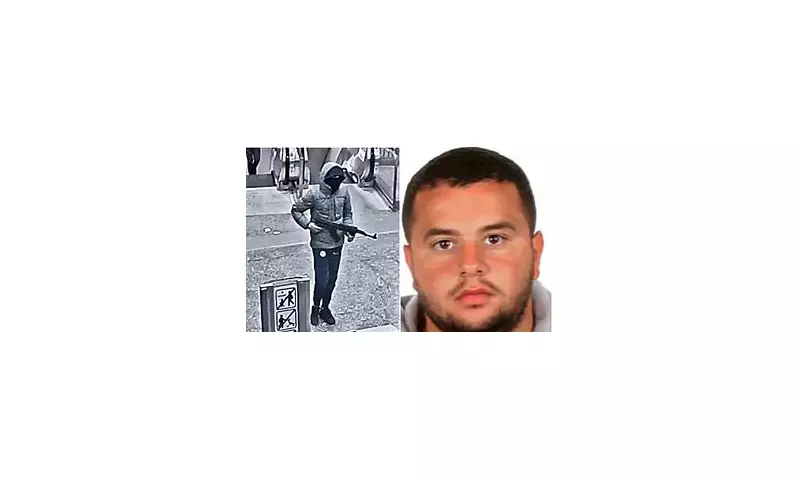
Belgium is facing an unprecedented security crisis as powerful drug cartels transform its cities into war zones, with shocking new evidence revealing the country's rapid descent towards narco-state status.
Urban Warfare on European Streets
Residents of major Belgian cities now witness scenes reminiscent of cartel-controlled territories in Latin America. Automatic weapon fire echoes through residential neighbourhoods as rival gangs engage in open street battles for control of lucrative drug territories. The most vulnerable victims of this violence are increasingly children, with victims as young as 11 years old caught in the crossfire.
Cocaine Tsunami Overwhelms Authorities
The scale of the problem has become so immense that police incinerators designed to destroy confiscated narcotics are operating at maximum capacity. Law enforcement agencies are literally drowning in seized cocaine, with the sheer volume of intercepted drugs exposing the staggering scale of trafficking operations.
Cartels Establish Firm Grip
Organised crime syndicates have established such dominance in certain urban areas that they effectively operate parallel governments. Police operations face sophisticated counter-surveillance, and witnesses are too terrified to come forward, creating a culture of impunity that allows the cartels to flourish.
Systemic Failure and International Implications
The crisis points to deeper systemic failures within Belgium's security apparatus and judicial system. As one of Europe's major port nations, Belgium's vulnerability to drug trafficking has international consequences, serving as a distribution hub for narcotics destined for neighbouring countries.
A Warning for Europe
Security experts warn that Belgium's situation represents a cautionary tale for the entire European Union. The rapid escalation from organised crime to quasi-military operations on city streets demonstrates how quickly criminal enterprises can overwhelm state institutions when left unchecked.





